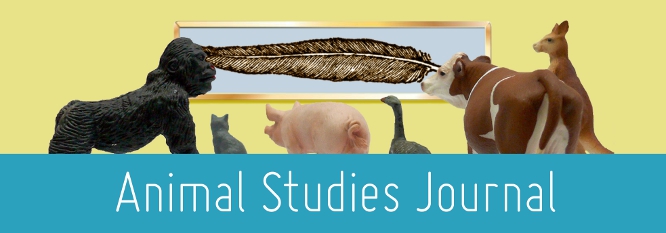Home > assh > ASJ > Vol. 11 (2022) > No. 2

Abstract
Animal agriculture in the US and Canada is a colonial geography borne of imported ontologies of property, life, land, and food shaped by and reproducing agricultural power. This article primarily examines the ontologization of in-vitro meat (IVM) and, to a lesser degree, plant-based synthetic meat relative to our current food ontologies. IVM is positioned as the pragmatic solution to food-driven climate catastrophe in that it will supposedly allow consumers to eat meat without the ethical, environmental, safety, or health concerns associated with agriculturally produced meat. I show that arguments for and against new meat technologies pivot on ontological claims about its realness. Those in favour claim that ‘real meat’ is nothing more than a specific chemical composition that can be divorced from the animal body and current production methods. Those against IVM claim that it cannot be separated from meat as the fetishization of meat renders these technologies intelligible in the first place, and that current production methods rely on ‘livestock’ and the slaughterhouse. IVM then represents a modified form of agricultural power in which the point of application moves from the animal body to the animal cell, and synthetic meat is an articulable invention due to the material and symbolic place of animal flesh in colonial orderings of life. The regulation of these new meat technologies will likely continue to ontologize farmed animals as meat, thereby continuing dominant relationships between agricultural power and food law. I conclude by considering whether new meat technologies ought to be ontologized as food.
Recommended Citation
Struthers Montford, Kelly, ‘Cultured’ Food Futures? Agricultural Power, New Meat Ontologies, and Law in the Anthropocene, Animal Studies Journal, 11(2), 2022, 1-37.Available at:https://ro.uow.edu.au/asj/vol11/iss2/2
Included in
Agricultural and Resource Economics Commons, Art and Design Commons, Art Practice Commons, Australian Studies Commons, Communication Commons, Creative Writing Commons, Digital Humanities Commons, Education Commons, English Language and Literature Commons, Feminist, Gender, and Sexuality Studies Commons, Film and Media Studies Commons, Fine Arts Commons, Legal Studies Commons, Linguistics Commons, Philosophy Commons, Political Science Commons, Public Health Commons, Race, Ethnicity and Post-Colonial Studies Commons, Sociology Commons, Theatre and Performance Studies Commons

